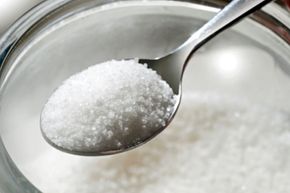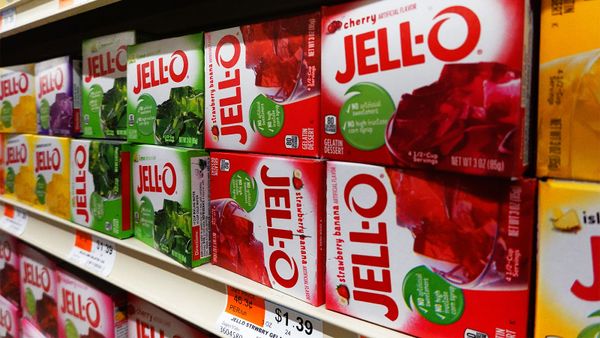Our food sources are under a more watchful eye these days as health concerns become more pressing. Disease seems to be flaring up in people of all ages and obesity rates are rising to epidemic levels. As a result, people are starting to pay more attention to what they're eating. It's a well-known fact that most people love to eat things that taste sweet, which might explain why you'd be hard pressed to walk into a grocery store and find a packaged food that doesn't contain some sort of sugar or sugar derivative. The American Heart Association has recently come out saying that women should consume only 6 teaspoons of added sugar a day and men a maximum of 9 teaspoons. You could get much of this recommended daily allowance from your breakfast cereal alone. So what's a sweets lover to do?
Artificial sweeteners were created during World War I because of sugar shortages and stayed popular because of their non-caloric aspect. Despite the controversy about whether or not these synthetic sweeteners are good for you, there's no doubt that they do have some benefits. Artificial sweeteners are referred to as non-nutritive, so they don't supply you with fats, carbs or sugars, meaning, these non-caloric additives allow you to partake in sweets, like candy and cola, without adding extra pounds. Artificial sweeteners also allow diabetics to enjoy the occasional sweet treat or soda without worrying about affecting their blood sugar. And you can expect a better report from your dentist if you opt for sugar free sweeteners versus real sugar. There are a variety of different kinds of artificial sweeteners on the market, so read on to learn more about them.
Advertisement







